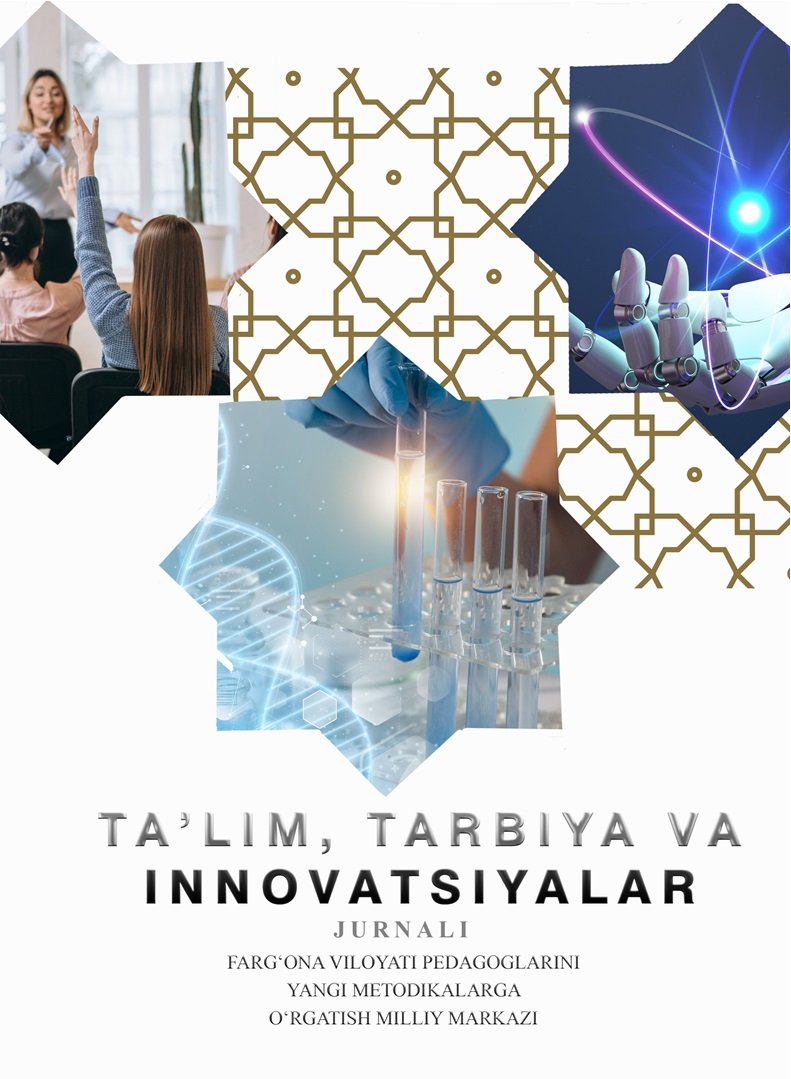Abstract
This article examines the critical importance of water resources for sustaining life, economic growth, and ecological balance. As one of the most essential components of the biosphere, water underpins all biological processes and serves as the foundation for human health, food security, energy production, and industrial development. Yet, global water resources are distributed unevenly and are under increasing pressure from population growth, urbanization, and climate change. The study analyzes the scientific and hydrological basis of water distribution, explores the socio-economic significance of water, and presents a case study on Central Asia where water scarcity has become a key challenge for sustainable development. The paper emphasizes the urgent need for rational water management, international cooperation, and technological innovation to ensure equitable and efficient use of this vital resource.
References
1. UNESCO. World Water Development Report 2023: Partnerships and Cooperation for Water. Paris, UNESCO Publishing, 2023.
2. FAO. The State of Food and Agriculture 2023: Water Challenges for Global Food Security. Rome, 2023.
3. World Bank. Water in Circular Economy and Resilience Framework (WICER). Washington D.C., 2023.
4. UN Water. Progress on SDG 6: Summary Report 2023. Geneva, 2023.
5. IPCC. Sixth Assessment Report 2023: Climate Change and Water Resources. Geneva, 2023.
6. Falkenmark, M. (2019). Water Security Concepts and Approaches. Annual Review of Environment and Resources, 44, 1–24.
7. Gleick, P. H. (2018). The World's Water 2018–2019: The Biennial Report on Freshwater Resources. Island Press.
8. Vörösmarty, C. J., et al. (2010). Global threats to human water security and river biodiversity. Nature, 467, 555–561.
9. OECD. Financing Water: Investing in Sustainable Growth. Paris, 2022.
10. Ramsar Convention Secretariat. Global Wetland Outlook 2023. Gland, Switzerland, 2023.
11. United Nations Environment Programme (UNEP). Water Pollution and Human Health. Nairobi, 2022.
12. FAO AQUASTAT Database. Water Resources by Country (Uzbekistan, 2023).
13. International Fund for Saving the Aral Sea (IFAS). Regional Cooperation in Water Resources Management.Tashkent, 2022.
14. World Health Organization (WHO). Guidelines for Drinking-Water Quality. 4th Edition, 2023.
15. United Nations Economic Commission for Europe (UNECE). Convention on the Protection and Use of Transboundary Watercourses and International Lakes. Geneva, 2020.
16. Allan, J. A. (2001). The Middle East Water Question: Hydropolitics and the Global Economy. I.B. Tauris.
17. Hoekstra, A. Y. & Mekonnen, M. M. (2012). The water footprint of humanity. Proceedings of the National Academy of Sciences, 109(9), 3232–3237.
18. UNDP. Human Development Report 2023: Beyond Scarcity Power, Poverty and the Global Water Crisis. New York, 2023.
19. Rasulov, A., & Raimova, G. (2021). Sustainable Water Use in Central Asia: Economic Mechanisms and Innovations. AIP Conference Proceedings, 2365(1).
20. World Bank. Uzbekistan: Towards Sustainable Water Resources Management 2030. Washington D.C., 2023.
